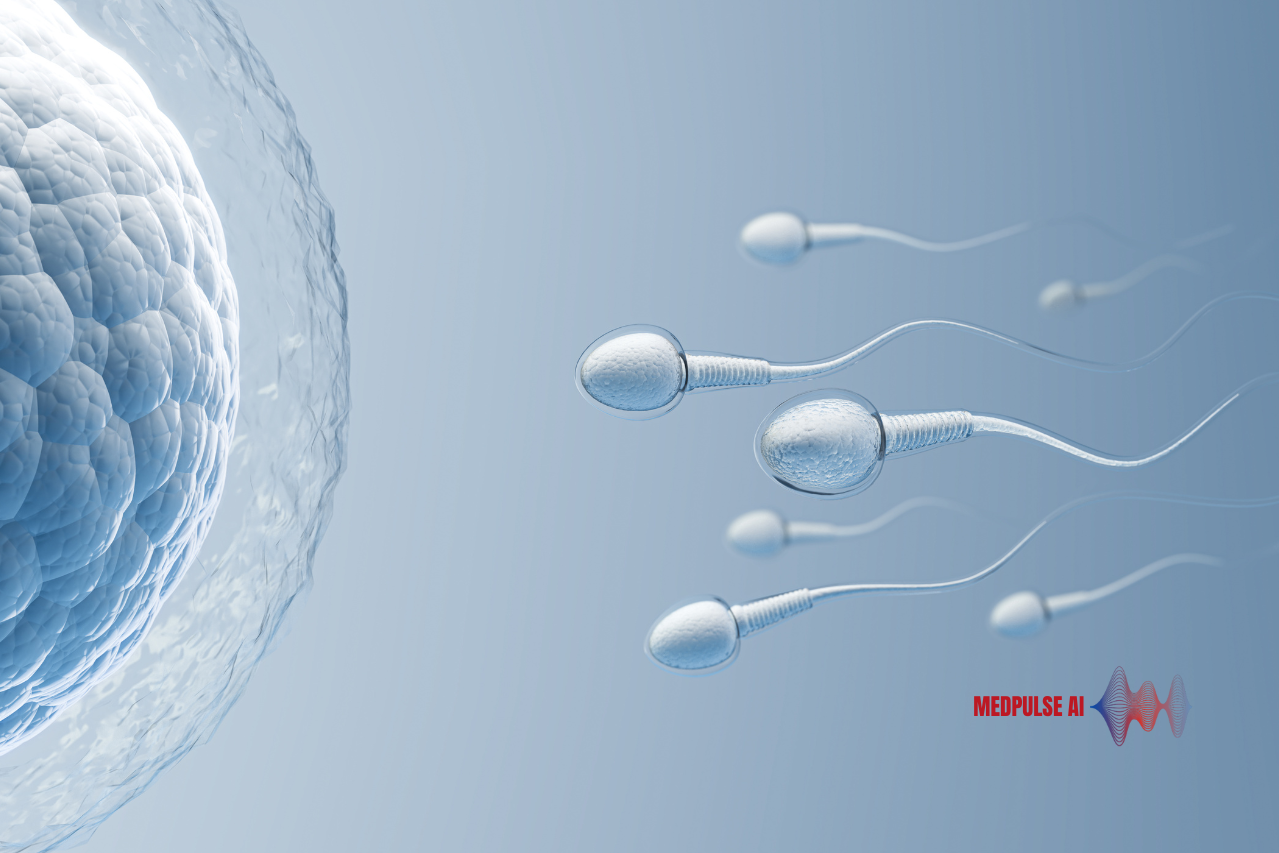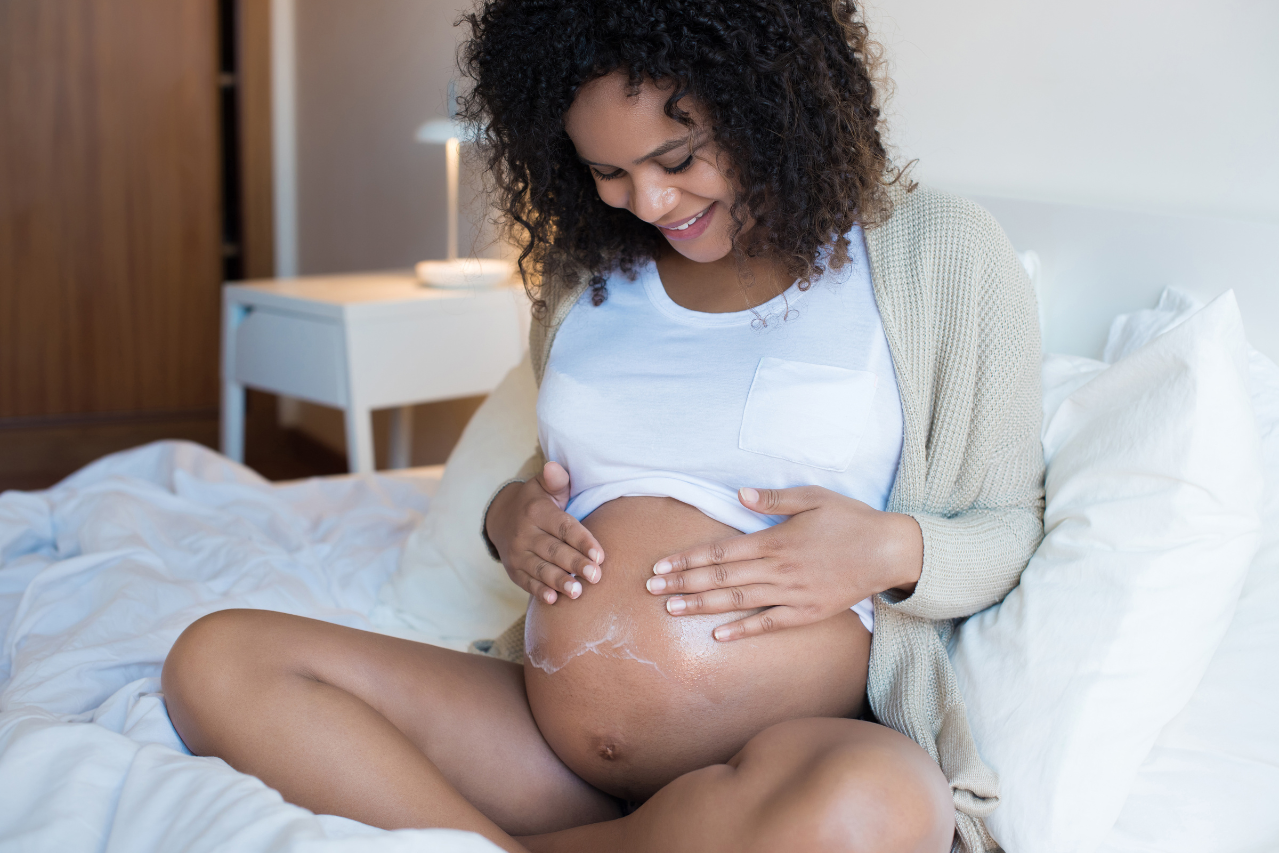As the global fertility rate declines and more women delay pregnancy for career, health, or personal reasons, advancements in reproductive technology have become essential to support later-in-life conception. Artificial intelligence (AI) is now playing a groundbreaking role, offering women personalized insights into fertility potential and empowering them to make informed family-planning decisions. By analyzing markers that indicate egg health, AI is helping researchers answer the long-asked question: can an unfertilized egg from an older woman develop into a healthy embryo?
AI’s Role in Fertility Prediction and Egg Viability
Historically, fertility testing has relied on hormone levels and the regularity of menstrual cycles as proxies for reproductive health. However, these methods often lack the precision needed to predict egg viability accurately, particularly in women over 35. New AI technologies address these gaps by using data-driven models to evaluate egg quality and embryo development potential based on a variety of biological markers.
Researchers such as Professor William Ledger, Head of Discipline, Women’s Health at the Faculty of Medicine at the University of New South Wales, and Dr. Huang Zhongwei, Deputy Director of the Bia-Echo Asia Centre for Reproductive Longevity and Equality at the National University of Singapore (NUS) Medicine, are pioneering this field. Their work aims to improve fertility assessments by evaluating the developmental viability of an egg, a task previously limited to invasive testing methods.
AI analyzes microscopic details, such as genetic stability and cellular health, which are essential in predicting an egg’s ability to become a healthy embryo. This information not only aids in fertility treatments but also serves as a preventive measure, alerting women to possible reproductive challenges they might face as they age.
How AI Enhances Traditional Fertility Tests
AI’s power lies in its ability to process massive datasets and uncover patterns that would otherwise be difficult to detect. Traditional fertility markers, such as hormone levels of Follicle-Stimulating Hormone (FSH) and Anti-Müllerian Hormone (AMH), offer limited perspectives on reproductive health. AI enhances these markers by layering in new forms of data, such as genetic and metabolic insights, giving fertility specialists a more comprehensive view of a woman’s fertility status.
By using machine learning models, AI applications can assess the impact of various factors—like age, genetics, and lifestyle—on egg quality. For instance, neural networks can analyze imaging data from eggs or embryos to identify viable candidates for implantation, while predictive analytics tools can offer women age-specific fertility predictions. This level of detail allows for a personalized approach to fertility care, making treatments more effective and enabling patients to plan pregnancies with greater confidence.
AI-Powered Applications: Making Fertility Tracking Accessible
With the rise of fertility-tracking apps and AI-powered tools, fertility assessments are becoming more accessible. An excellent example is the Babyndex app, which uses AI to detect ovulation cycles through a simple saliva test. Developed by Ximilar with support from Intel, Babyndex uses machine learning algorithms to identify ovulation-related crystals in saliva, offering a more accurate assessment of a woman’s fertile window. Compared to traditional methods, this AI-driven approach increases the accuracy of ovulation detection, helping women better time their pregnancies.
The Babyndex app exemplifies how AI applications can support older women in tracking their fertility by recognizing patterns that might otherwise go unnoticed. The app’s integration of AI with a simple microscope allows it to function as a low-cost, effective alternative for women who cannot afford or access advanced reproductive services.
Expert Insights on AI’s Future in Fertility Research
The perspectives of experts like Dr. Huang and Professor Ledger are invaluable in understanding the future of AI in reproductive health. According to Dr. Huang, AI has the potential to guide women by providing tailored insights that align with their unique biological profiles. He emphasizes that AI’s role in fertility is not just about prediction but about creating a personalized roadmap to reproductive health, helping women make the best possible decisions for their family planning goals.
Professor Ledger echoes these sentiments, highlighting how AI helps bridge the gap in fertility research for older women. Traditional methods often exclude age-related changes, but AI-powered models factor in these variations, ensuring that women receive care suited to their specific needs. Ledger points out that as AI continues to improve, its applications will extend beyond fertility prediction to enhance embryo screening, genetic counseling, and even in vitro fertilization (IVF) protocols.
What This Means for Women Over 35
For many women over the age of 35, the uncertainty surrounding fertility can be stressful and emotionally taxing. AI alleviates some of this uncertainty by providing more accurate assessments of reproductive potential. A woman in her late 30s, for example, could use AI tools to understand how factors like egg quality, uterine health, and genetic indicators impact her chances of a healthy pregnancy. This information helps women decide if and when they might need assistance from reproductive specialists.
Women delaying pregnancy can also benefit from AI’s predictive analytics by planning for egg freezing or other fertility-preserving methods. Since AI tools can track fertility markers over time, they can offer early alerts on declining fertility, giving women more time to consider alternative family-planning options.
Challenges and Limitations of AI in Fertility
While AI offers numerous benefits, the technology is not without its challenges. One limitation is the accuracy of models, which still require significant refinement. Although AI can detect subtle fertility markers, these findings are only as good as the data they are based on. For accurate fertility assessments, large, diverse datasets are essential. Current research often relies on samples from specific demographics, which may not represent broader populations.
Additionally, concerns over data privacy and security are prevalent in AI-driven health applications. Fertility data is highly personal, and the storage and analysis of such information need strict regulatory oversight to protect users’ privacy. As companies continue to invest in AI-driven fertility apps, ensuring that these tools comply with data protection regulations will be essential.
Potential AI Applications in Reproductive Longevity
The use of AI in reproductive health is still in its infancy, but the potential for growth is enormous. Researchers foresee AI applications that extend beyond fertility prediction into embryo selection, genetic counseling, and even reproductive longevity studies. For instance, AI could support the development of genetic editing techniques that enhance egg viability, making it possible for women to conceive later in life without compromising embryo health.
In the coming years, AI may also integrate with wearable technology to monitor hormonal fluctuations and other health metrics, providing real-time fertility insights. The combination of AI with telehealth platforms could make fertility assessments and consultations more accessible, particularly for women in remote or underserved areas.
Ongoing studies on age-related fertility decline could benefit from AI’s predictive capabilities, allowing scientists to identify why certain eggs remain viable over time while others degrade. This research, which involves both molecular biology and computational modeling, could yield breakthroughs in understanding reproductive aging and potentially lead to treatments that extend fertility.
AI as a Game-Changer in Fertility for Women of All Ages
AI’s role in fertility prediction and reproductive health represents a transformative shift in how women can understand and manage their fertility. By analyzing intricate biological patterns and offering real-time fertility assessments, AI provides a level of personalization and precision previously unavailable in reproductive care. For women over 35, these advancements mean a greater ability to make informed choices about their reproductive future, supported by a solid foundation of scientific data.
Experts like Professor Ledger and Dr. Huang are optimistic about AI’s future in fertility, noting that the technology’s capacity to evolve with ongoing research holds the promise of even greater insights into reproductive health. Although challenges remain, such as data accuracy and privacy concerns, the continued refinement of AI technologies could lead to a new era of reproductive longevity and empowerment for women worldwide.
As AI becomes increasingly integrated into healthcare, its applications in reproductive medicine remind us of the technology’s potential to not only extend the limits of scientific knowledge but also profoundly impact lives. For women considering later-in-life pregnancies, AI stands as a beacon of hope, offering clarity, accuracy, and the possibility of new beginnings at any age.
Sources
- Intel Case Study on Babyndex (Intel): AI Enhancing Fertility with Babyndex
- Channel News Asia: Developments in Assisted Reproductive Technology
- CNA Explains: Professor William Ledger and Dr. Huang Zhongwei on AI’s Role in Fertility
Are you interested in how AI is changing healthcare? Subscribe to our newsletter, “PulsePoint,” for updates, insights, and trends on AI innovations in healthcare.




